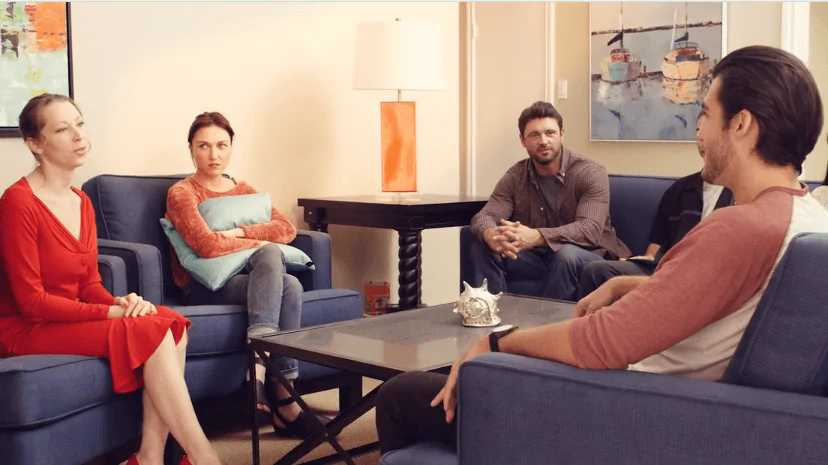24/7 Helpline:
(866) 899-221924/7 Helpline:
(866) 899-2219
Learn more about Group Therapy centers in Efland
Group Therapy in Other Cities

Other Insurance Options

CareSource

Molina Healthcare

Optum

ComPsych

Horizon Healthcare Service
Beacon

Evernorth

PHCS Network

Regence

Choice Care Network

Cigna

Covered California

Kaiser Permanente

UnitedHealth Group

MVP Healthcare

CareFirst

Health Net

United Health Care

Absolute Total Care

AllWell











